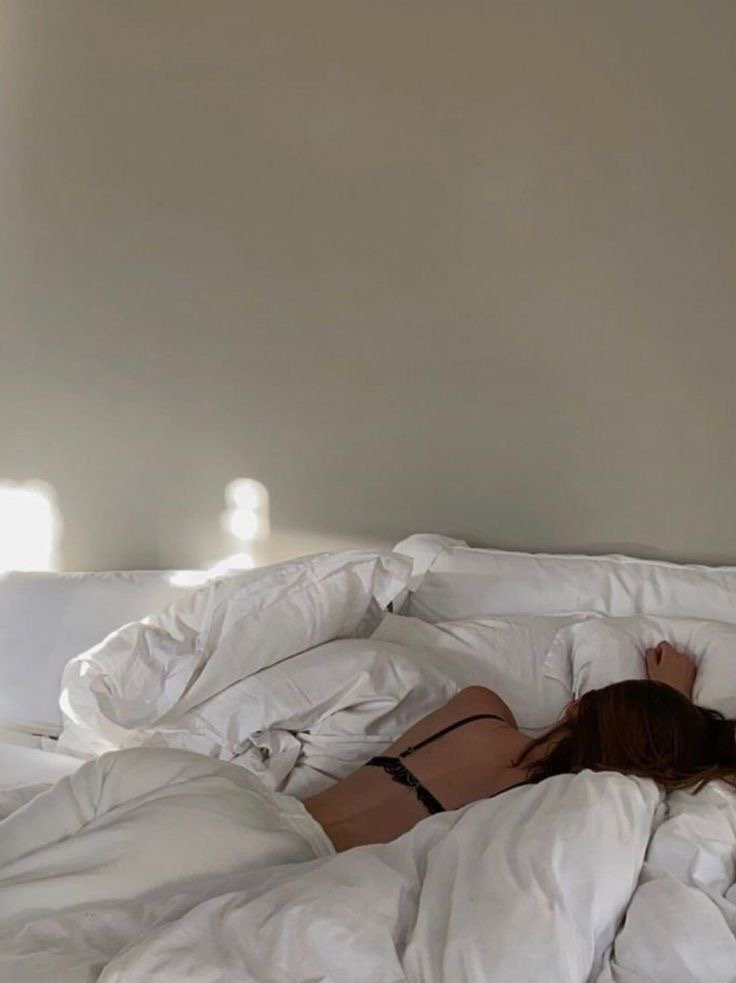Are you or someone you know struggling with sleep issues? If so, you've come to the right place. If you find yourself tossing and turning at night, you're not alone. As men age, it is common to face challenges getting a good night's sleep. There are numerous reasons for this – some obvious, while others are less apparent.
Here, we will discuss various factors that contribute to restless nights in men. From known causes to those hidden under the surface, we'll explore them in detail. We aim to provide clear information to help you understand and address these sleep challenges.
Common Causes of Restless Nights in Men
No. 1
Hormonal Health
Hormonal health plays a significant role in sleep quality, especially in men. A key factor is testosterone, a crucial male hormone. Men may experience a decline in testosterone levels as they age. This decrease can directly impact sleep, leading to restless nights.
It is not just about feeling tired; low testosterone can disrupt sleep patterns and affect overall well-being. Other symptoms of testosterone imbalance may include chronic fatigue, concentration problems, and more.
So, if you suspect a hormonal imbalance, you may want to consult a healthcare provider. They will conduct a male hormone imbalance test, which can be helpful. Thankfully, They will use the results to create a personalized hormone replacement treatment plan for you.
You can use the keyword 'testosterone Virginia Beach Clinic' on Google to find the nearest service provider. Hormone replacement therapies have shown effectiveness in balancing testosterone levels. As a result, patients have also seen improvement in sleep patterns and quality.
No. 2
Lifestyle Factors
Your lifestyle choices play a significant role in deciding the quality of your sleep. Below are a few factors that impact your sleep:
● Alcohol and Smoking: More than relaxation, alcohol disrupts your sleep cycle. Likewise, smoking also hinders your ability to fall and stay asleep.
● Poor Diet: Heavy, spicy, or acidic foods before bedtime can cause discomfort and disrupt sleep. Similarly, high sugar intake can lead to energy spikes and crashes, affecting sleep patterns.
● Lack of Exercise: Regular physical activity promotes better sleep. Without it, you might find falling asleep more challenging.
● Overexposure to Screens: The blue light from screens can interfere with your natural sleep cycle. Too much screen time, especially before bed, can make it harder to fall asleep.
No. 3
Mental Health Concerns
Mental health is a critical factor that often goes unnoticed when addressing sleep issues in men. Conditions like anxiety, depression, and stress can significantly disrupt your sleep, leading to poor-quality rest.
It's a cycle: poor sleep can worsen mental health, and in turn, mental health issues can make it hard to sleep well. Also, hormonal imbalances like low testosterone contribute to anxiety, affecting your sleep further.
Many men tend to overlook their mental health, but it is important to actively seek help. Whether it is therapy, medication, or lifestyle changes, improving your mental health greatly impacts your sleep quality and overall well-being.
No. 4
Impact of Poor Sleep On Men's Health
● Increased Risk of Chronic Diseases: Lack of sleep can heighten the risk of developing heart disease, diabetes, and obesity.
● Mental Health Strain: Consistently poor sleep can lead to depression, anxiety, and mood swings, impacting your daily life.
● Cognitive Impairments: This can affect your concentration, decision-making skills, and memory.
● Weakened Immune System: You become more susceptible to illnesses as your body's ability to fight infections diminishes.
● Hormonal Imbalance: Sleep deprivation can disrupt hormone production, including testosterone, affecting various bodily functions.
No. 5
Strategies for Improving Sleep
Improving your sleep quality is essential for your overall well-being. Use the following strategies to have a good night's sleep.
● Establish a Routine: Stick to a regular sleep schedule, even on weekends. Consistency reinforces your body's sleep-wake cycle.
● Create a Restful Environment: Ensure your bedroom is quiet, dark, and cool. You may also consider using earplugs, blackout curtains, or a fan.
● Limit Screen Time: Reduce exposure to screens at least an hour before bed. Also, use this time to read or indulge in a meditative rhythm to ensure a relaxed mind.
● Exercise Regularly: Engaging in physical activity during the day can promote better sleep at night.
● Mind Your Diet: Avoid heavy meals, caffeine, and alcohol close to bedtime.
Remember, small changes can make a big difference in improving your sleep. So, be patient and consistent with these strategies and notice the difference.
Takeaways
Understanding the causes of restless nights is important for men seeking better sleep and overall health. From hormonal changes and mental health concerns to lifestyle factors — various elements play a role in sleep quality.
Hence, the key is to recognize and address these issues. Whether it's adjusting your daily habits or focusing on mental wellness, small changes can make a significant difference. Remember, good sleep isn't just a luxury; it's an important component of your health. Simply put, you should improve your sleep for a healthier and more balanced life.






